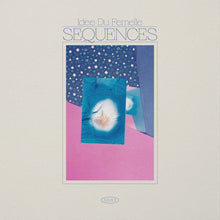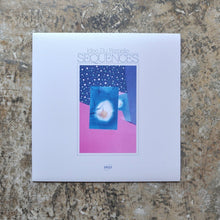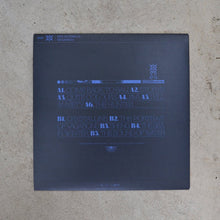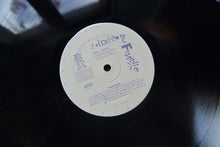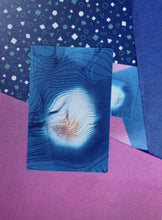
Música Máquina / Spain / 2021
Musica Maquina is a new label created by Domestica Records and Hivern Discs. It was born of a conversation between Uri Riverola (John Talabot, Hivern Discs) and Jordi Serrano (Domestica Records) around their shared fascination for Idee Du Femelle, a project of Terrassa-based producer Toni Parera. A singular artist often operating against the grain of the 1980s Spanish experimental scene, Parera released several tapes under the Idee Du Femelle moniker throughout that decade. The desire to investigate that forgotten period of history from a new perspective materialized in the form of Musica Maquina.
The label kick-starts with the first ever vinyl pressing of ‘Sequences’, one of those tapes that Toni Parera recorded in his garage more than three decades ago. At the time, circumstances conspired against him, and ‘Sequences’ remained unknown to almost everyone. Precarious resources, certain bygone idiosyncrasies of the music industry, the political, cultural, and social constraints of a country that was just leaving behind a dictatorship, and the hardships of a Barcelona that in those years had little resemblance to the city that enchanted the world following the 1992 Olympics constituted a context that made it very difficult for a project like Idee Du Femelle to succeed. At the same time, those adversities made ‘Sequences’ a unique album.
In one sense, ‘Sequences’, and, by extension, Idee Du Femelle, are paradigmatic products of the Spanish experimental underground of the eighties. One of the many projects born amid a small yet flourishing scene that, despite its artistic value, was unable to transcend its subterranean roots and went unrecognized by many. In another sense, the particularities of ‘Sequences’ make it a complete anomaly. Too delicate to be industrial, too gloomy to be pop, too abstract for the new age crowd and too melodic for academic minimalism, the defining sound of ‘Sequences’ didn’t dovetail with any of the currents that dominated the landscape of Spanish electronic music at the time. In this respect, the album introduces a new, neglected player to that scene. An artist whose vision had more in common with what later would come to be known as ambient tech- no than with his peers from the industrial avant-garde. All of this makes of ‘Sequences’ a sort of missing link. And, as such, a puzzling discovery.





